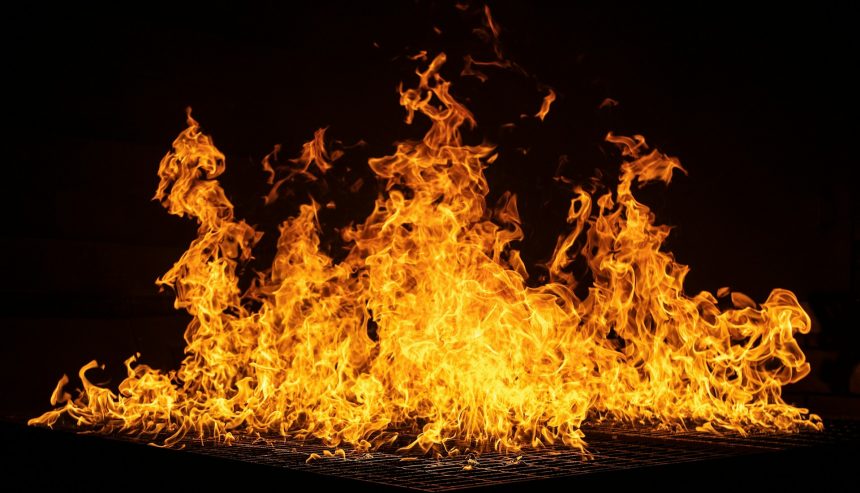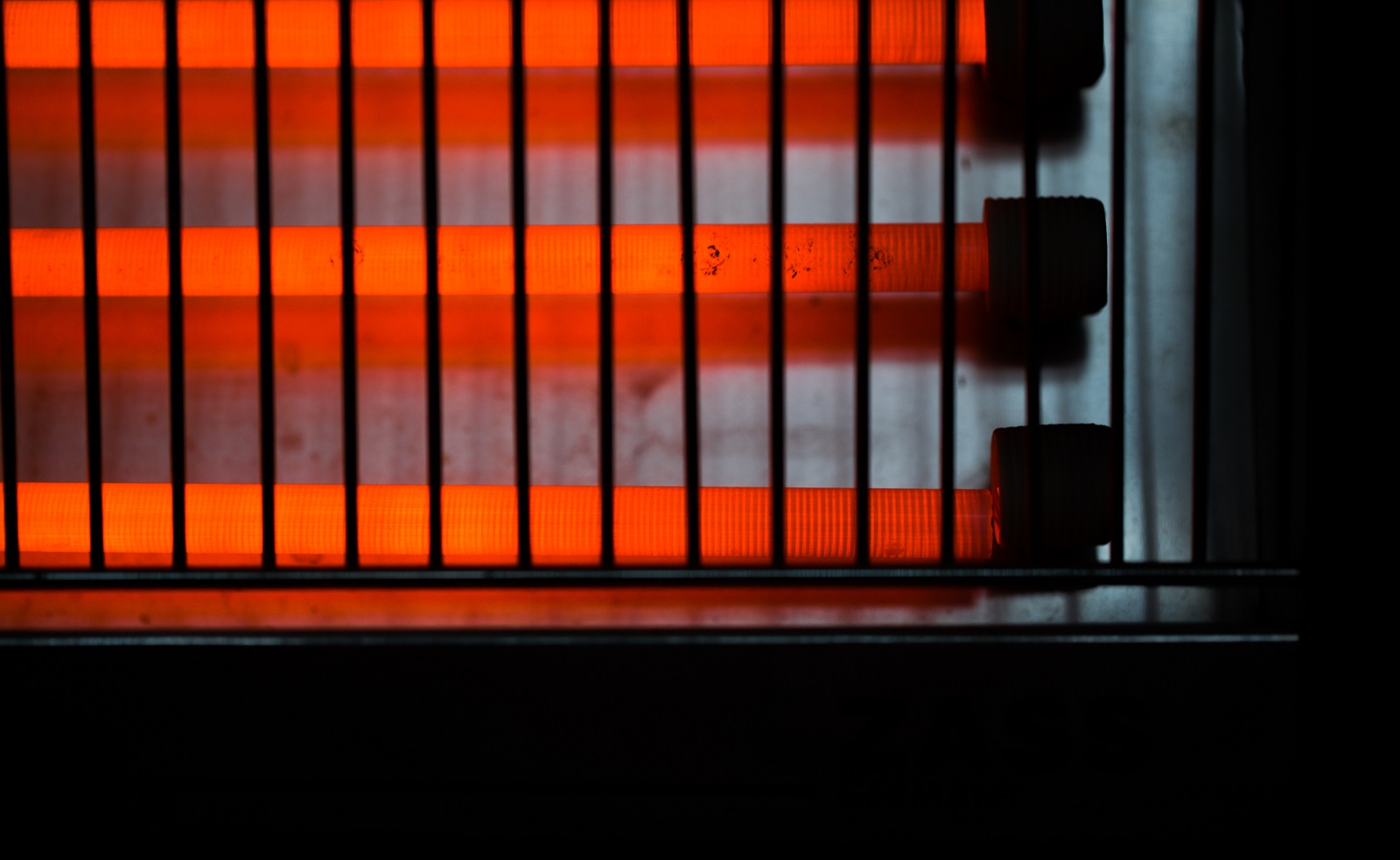Keeping your Michigan business safe from fire is crucial. Fires can cause enormous damage, not just to property but also to your employees and clients. However, many business owners overlook simple steps that can greatly reduce fire risks. Understanding common fire hazards and knowing how to address them can make a big difference in preventing fires.
Fires often start because of electrical issues or improperly managed flammable materials. These problems can be easily fixed if recognized early. Installing proper fire safety equipment and ensuring it is in good working condition is another key step. From smoke detectors to fire extinguishers, the right tools can save lives and protect your property.
Employee training and preparedness are also essential. Fire drills and clear evacuation plans help ensure everyone knows what to do if a fire breaks out. Regular maintenance and safety checks keep your business environment secure.
By learning and implementing these measures, you can significantly lower the fire risks in your business. Let’s dive into how you can make your Michigan business safer from fire threats.
Identifying Common Fire Hazards in Michigan Businesses
One of the most common fire hazards in any business is electrical issues. Frayed wires, overloaded circuits, and malfunctioning equipment can easily start a fire. Regularly check your electrical cords and plugs for any signs of wear and tear. If you notice sparking or flickering lights, that’s a red flag.
Always use the correct type of extension cord for your needs and avoid overloading power outlets. Hire a licensed electrician to inspect your electrical systems periodically. Small electrical problems, if left unchecked, can turn into major fire hazards.
Flammable Materials to Manage
Another common fire hazard is the improper storage or handling of flammable materials. In many businesses, paper, cleaning chemicals, and other flammable items are everywhere. Store these materials in a safe, designated area away from heat sources. Clearly label all flammable items and educate your staff on proper handling procedures.
Ensure that any spill is cleaned up immediately and that flammable materials are kept in their original containers with tight lids. Proper management of these materials can significantly reduce the risk of accidental fires.
Types of Fire Extinguishers and Their Uses
Fire extinguishers are essential for any business, but not all fire extinguishers are the same. There are different types designed to handle various kinds of fires. For instance, Class A extinguishers are suitable for ordinary combustibles like paper and wood. Class B extinguishers work for flammable liquids like grease or gasoline, while Class C ones are made for electrical fires.
Make sure you have the right type of extinguisher for the specific hazards present in your business. Train your employees on how to use them properly. Knowing the right extinguisher to use in an emergency can save lives and prevent extensive damage.
Importance of Smoke Detectors and Alarms
Smoke detectors and fire alarms are critical components of a fire safety system. Install smoke detectors in every room and common area of your business. Test them every month to ensure they are working correctly. Batteries should be replaced at least once a year. Fire alarms alert everyone in the building to evacuate quickly.
Make sure the alarms are loud enough to be heard throughout the entire space. A well-maintained smoke detector and alarm system can provide early warnings and help prevent a small fire from becoming a disaster. Regular maintenance and checks ensure these devices work when you need them the most.
Scheduling Routine Fire Safety Inspections
Regular inspections are key to keeping your business safe from fire. Schedule routine fire safety inspections at least once a year. During these inspections, check all fire safety equipment like extinguishers, alarms, and smoke detectors to ensure they are in good working order.
Have a professional come in to inspect your electrical systems and identify any potential issues. Make sure to look for any hazards that could cause a fire, such as cluttered storage areas or blocked vents. Regular inspections can catch problems early, making it easier to fix them before they become serious.
Keeping Exits and Pathways Clear
Clear exits and pathways are crucial during a fire emergency. Always make sure that all exits and emergency pathways are free of obstructions. This includes moving any furniture, boxes, or other items that might block a quick escape.
Regularly check that emergency exit signs are visible and the lights are functioning. Ensure that all doors and windows designated as emergency exits are easy to open and not locked from the inside. Keeping these areas clear and accessible can be the difference between a safe evacuation and a disaster.
Conducting Fire Drills and Evacuation Practice
Training your staff is one of the best ways to prepare for a fire emergency. Regular fire drills help employees know what to do in case of a fire. Plan and conduct fire drills at least twice a year. Make sure everyone knows the evacuation routes and where to meet once they are outside.
Assign roles such as fire wardens and first-aid officers to ensure everyone has a specific task during an emergency. Practicing these drills can help reduce panic and ensure a smooth evacuation when it really counts.
Educating Employees on Fire Safety Protocols
Education is key to fire prevention. Teach your employees basic fire safety protocols, such as how to use a fire extinguisher and the importance of not blocking exit routes. Provide training sessions on recognizing potential fire hazards like overloaded power strips or improper storage of flammable materials.
Ensure everyone knows whom to contact in case of a fire and what immediate actions to take. By empowering your team with this knowledge, you can create a safer work environment and reduce the risk of fire.
Protect Your Michigan Business: Simple Ways to Lower Fire Risks
Lowering fire risks in your Michigan business doesn’t have to be daunting. By identifying common fire hazards, such as electrical issues and flammable materials, and taking steps to manage these risks, you can greatly improve safety. Installing and maintaining essential fire safety equipment, like extinguishers and smoke detectors, adds another layer of protection.
If you need expert help in fire safety and prevention, contact PuroClean of Howell. Our team is ready to assist you in making your business as safe as possible with our fire restoration services in Michigan. Don’t wait—take action today to protect your business and everyone in it!




 PuroClean of Howell
PuroClean of Howell